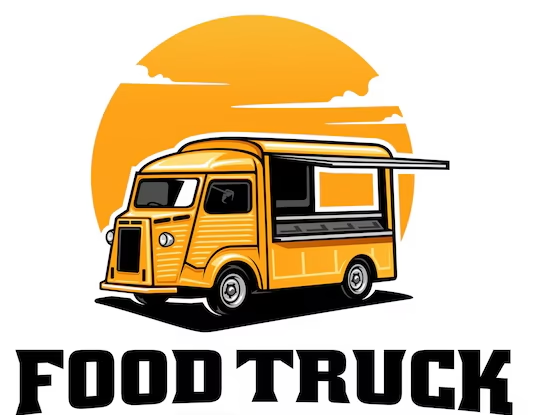The Essential Guide to Food Trailer Refrigeration
Operating a food trailer http://yourdesignedfoodtrailer.shopcomes with unique challenges, and one of the most critical aspects of running a successful mobile food business is maintaining proper refrigeration. Keeping ingredients fresh and safe is non-negotiable, and without reliable refrigeration, your menu—and reputation—could be at risk.
Why Refrigeration Matters in Food Trailers
Unlike brick-and-mortarhttp://craigslist.org restaurants, food trailers operate in ever-changing environments. Hot weather, constant movement, and limited space all make refrigeration a challenge. Here’s why investing in a solid cooling system is essential:
- Food Safety:http://ebay.com Maintaining proper temperatures ensures that perishable ingredients don’t spoil or become unsafe to consume.
- Regulatory Compliance: Health departments have strict regulations regarding food storage and safety. A high-quality refrigeration unit will help meet these standards.
- Efficiency and Convenience: A well-organized refrigeration system streamlines food preparation, storage, and service, helping you maintain a smooth operation.
Types of Refrigeration Systems for Food Trailers
Different food trailers have http://commercialtrucktrader.comdifferent needs, and selecting the right refrigeration system depends on your menu, space, and budget. Here are a few options to consider:
1. Standard Reach-In Refrigerators
Perfect for storing bulk ingredients, reach-in refrigerators offer a simple, upright storage solution. They come in various sizes, making it easy to find one that fits your trailer.
2. Undercounter Refrigerators
For trailers with limited space, http://usedvending.comundercounter refrigerators are a smart choice. They allow for food storage without taking up valuable prep space.
3. Prep Table Refrigerators
These units combine storage with a built-in prep area, making them ideal for sandwich or salad-based food trailers.
4. Portable Refrigeration and Coolers
For smaller trailers or occasional refrigeration needs, heavy-duty coolers or portable refrigeration units provide flexible solutions.
5. Chest Freezers
If frozen storage is a priority (think ice cream, frozen meats, or bulk food prep), a compact chest freezer could be an excellent addition.
Key Factors to Consider
When selecting refrigeration for your food trailer, keep these considerations in mind:
- Power Source:http://facebook.com/marketplace Will you run your refrigeration on a generator, solar power, or shore power? Make sure your choice aligns with your energy setup.
- Size and Space: Measure available space carefully to ensure your unit fits while still allowing for proper airflow and ventilation.
- Energy Efficiency: Opt for energy-efficient models to lower operational costs and reduce environmental impact.
- Temperature Control: Look for units with reliable and adjustable temperature settings to meet food safety standards.
Maintenance Tips for Food Trailer Refrigeration
To keep your refrigeration system running smoothly, follow these maintenance tips:
- Regular Cleaning: http://bing.comWipe down shelves, clear vents, and clean condenser coils to prevent buildup.
- Check Seals and Gaskets: Make sure doors close tightly to prevent cool air from escaping.
- Monitor Temperatures: Use a thermometer to ensure food is stored at safe temperatures.
- Prevent Overloading: Overpacking the refrigerator can restrict airflow, causing uneven cooling.
Final Thoughts
Food trailer refrigeration is more than just a convenience—it’s a necessity for maintaining quality, safety, and efficiency in your mobile kitchen. Investing in the right refrigeration system and maintaining it properly will help ensure your food business thrives while keeping customers happy and safe.

